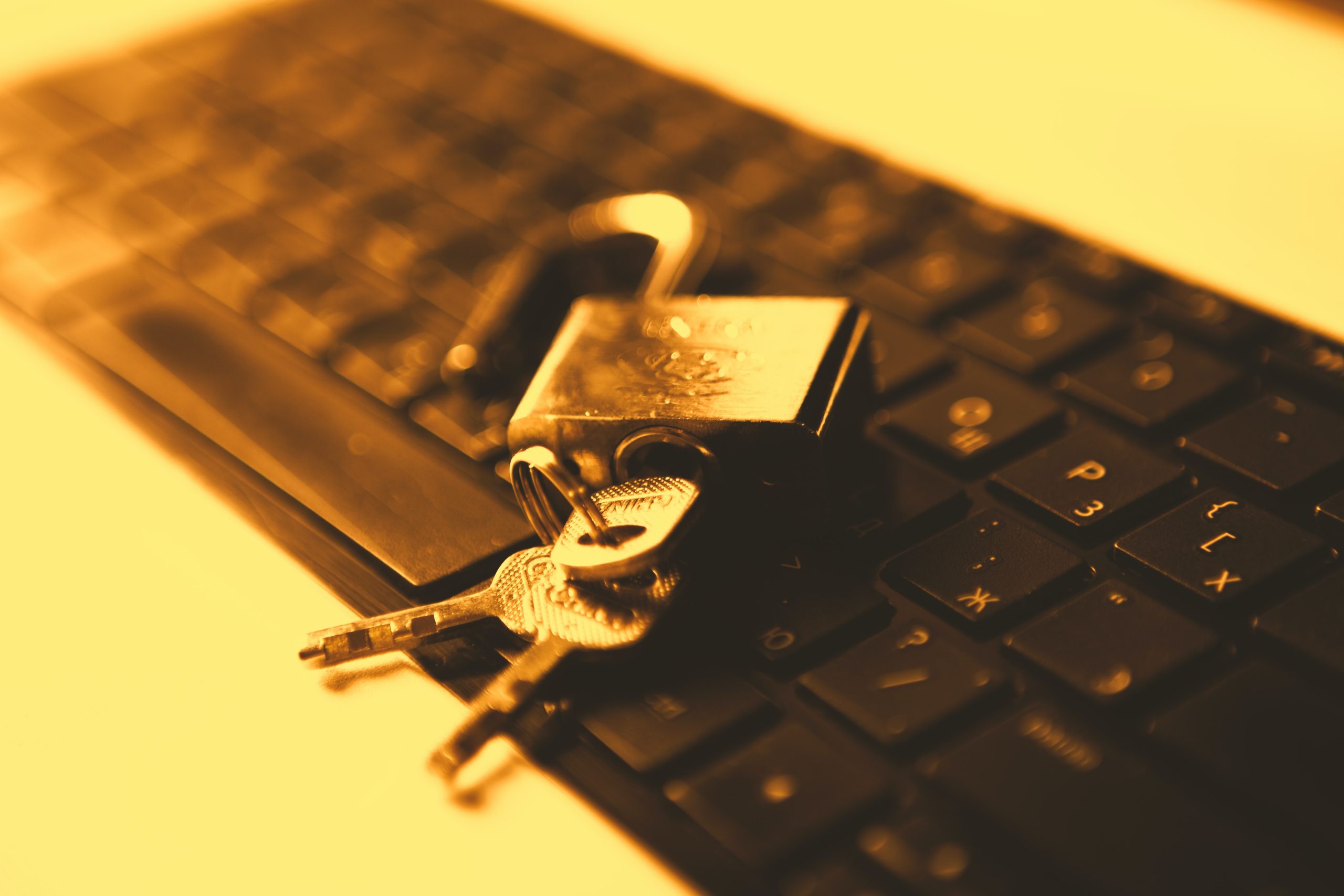A virtual private network (VPN) is a service that allows a user to securely access the internet by routing their connection through a remote server. Consumer VPN products offer a number of benefits that make them an attractive option for both personal and business use.
One of the main benefits of using a VPN is increased security. When a user connects to the internet without a VPN, their data is transmitted over an unencrypted connection, making it vulnerable to hacking and surveillance. A VPN encrypts the user's connection, making it much more difficult for hackers and other malicious actors to intercept and steal their sensitive information. This is especially important when accessing the internet on public Wi-Fi networks, which are often unsecured and easily hacked.
Another benefit of using a VPN is the ability to bypass geo-restrictions and access content that is not available in your location. This is particularly useful for travelers who need to access content that is blocked in their current location, or for people who want to access streaming services like Netflix or Hulu that are only available in certain countries. Additionally, a VPN can also help users to avoid ISP throttling, which is when your internet service provider (ISP) slows down your internet connection based on what you are doing.
VPNs can also help to save money. For example, when you connect to a VPN server in a different country, you can often access prices for goods and services that are lower than they would be in your own country. Additionally, many VPNs offer plans that allow multiple devices to connect to the VPN simultaneously, which can be especially useful for families or small businesses that want to protect all of their devices.
In addition to the security and cost-saving benefits, using a VPN can also help to protect your privacy. When you use a VPN, your internet connection is routed through a remote server, which makes it much more difficult for websites and advertisers to track your online activity. This can help to protect you from targeted advertising, as well as from companies that collect and sell your data.
When choosing a VPN, there are a few key factors to consider. First, it is important to choose a VPN that uses strong encryption to protect your data. Additionally, you should look for a VPN that has a strict no-logs policy, which means that they do not keep any records of your online activity. Finally, you should choose a VPN that has a large number of servers in different locations, as this will give you more options for bypassing geo-restrictions and improving your connection speed.
Overall, a consumer VPN product can provide a number of benefits, including increased security, the ability to bypass geo-restrictions, cost savings, and privacy protection. While there are many VPNs available, it is important to choose one that has strong encryption, a strict no-logs policy, and a large number of servers in different locations. With a good VPN, you can enjoy a more secure and private internet experience.


